
Suffering From Hair Pulling Disorder? Opt For Homeopathy
Sumita was surprised to see a big patch of thin hair on her teenage son’s head while oiling...
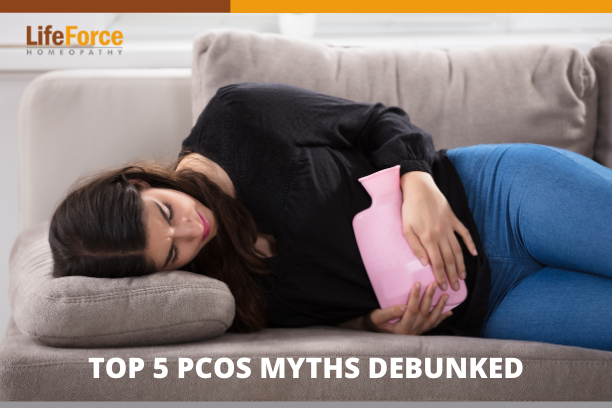
Top 5 PCOS Myths Debunked
Top 5 PCOS Myths Debunked PCOD and PCOS are concerning conditions affecting several women throughout the world these days. Due to the significant prevalence of these health conditions, they are one of the most widely discussed conditions so much so that many of you may think that these conditions might be unpreventable and unmanageable. But, this isn’t the truth. Most of your fears related to PCOS or PCOD are myths that you get from the misleading information or lack of awareness about the conditions. One of the myths is PCOS and PCOD both the conditions are the same. So, let’s first understand it. PCOS and PCOD are entirely different conditions (even though both are related to ovaries), so is their treatment and recovery. PCOD results due to the hormonal imbalance, whereas PCOS is a metabolic disorder and is more severe than PCOD. So, to address and treat these conditions effectively without any concerns, it is important to debunk the prevailing myths and know the facts. Keep reading to learn all about it. 5 PCOS Myths Debunked Here are some common myths related to PCOS debunked. Myth: Irregular Periods Are the Only Symptoms of PCOS: Fact: Getting irregular periods is a common sign of PCOS but not the only symptom. There can be many underlying reasons for having irregular periods, such as excess of stress, hypo/hyperthyroidism, etc. In fact, in certain cases, a woman can have monthly/regular menstrual cycles and still have PCOS. If you are going through a series of irregular periods, watch out for the following symptoms as well in conjunction with irregular period cycles. Acne Unwanted facial hair Polycystic Ovaries Increased testosterone levels Myth: Women with PCOS Can’t Conceive: Fact: If you think PCOS is the common cause of infertility, you might be right to some extent. Most commonly, women with PCOS face trouble conceiving, as they may not ovulate or release a mature egg every month. However, this does not stand true in every case. In some cases of PCOS, women do conceive on their own without going for any PCOS treatment. At times, women with PCOS don’t experience the trouble in conceiving, as a bit of medical help can do the needful. Myth: Women with PCOS Gains Weight rather than losing Weight: Fact: Weight loss is certainly a significant factor in controlling PCOS. Having said that, it is not easy to lose weight for women with PCOS than that for those who do not suffer from the condition. Weight loss happens if one makes alterations in the lifestyle, no matter whether it’s by changing the diet, increasing the activity, or reducing the stress from life....
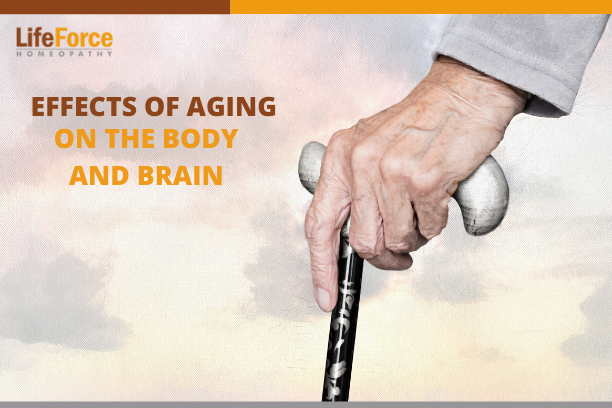
Effects Of Aging On The Body And Brain
Often, it is observed that, as we age, we may experience more health problems, such as skin sagging...
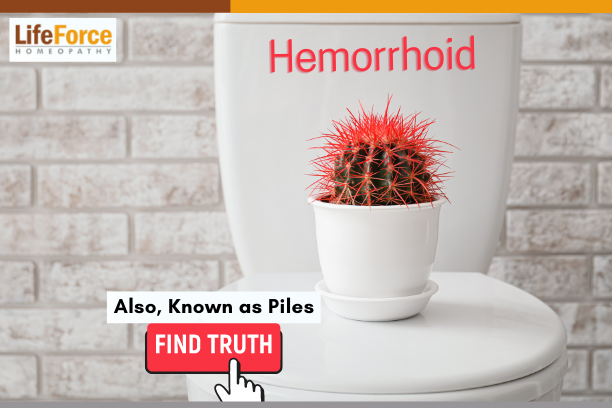
6 Common Hemorrhoid Myths Debunked
Piles, also called hemorrhoids, is a discomforting condition resulting due to straining during bowel movements and obesity. It...

Dos and Don’ts To Keep Frequent Cold At Bay
Dos and Don’ts To Keep Frequent Cold At Bay The common cold, which is a mild respiratory tract...
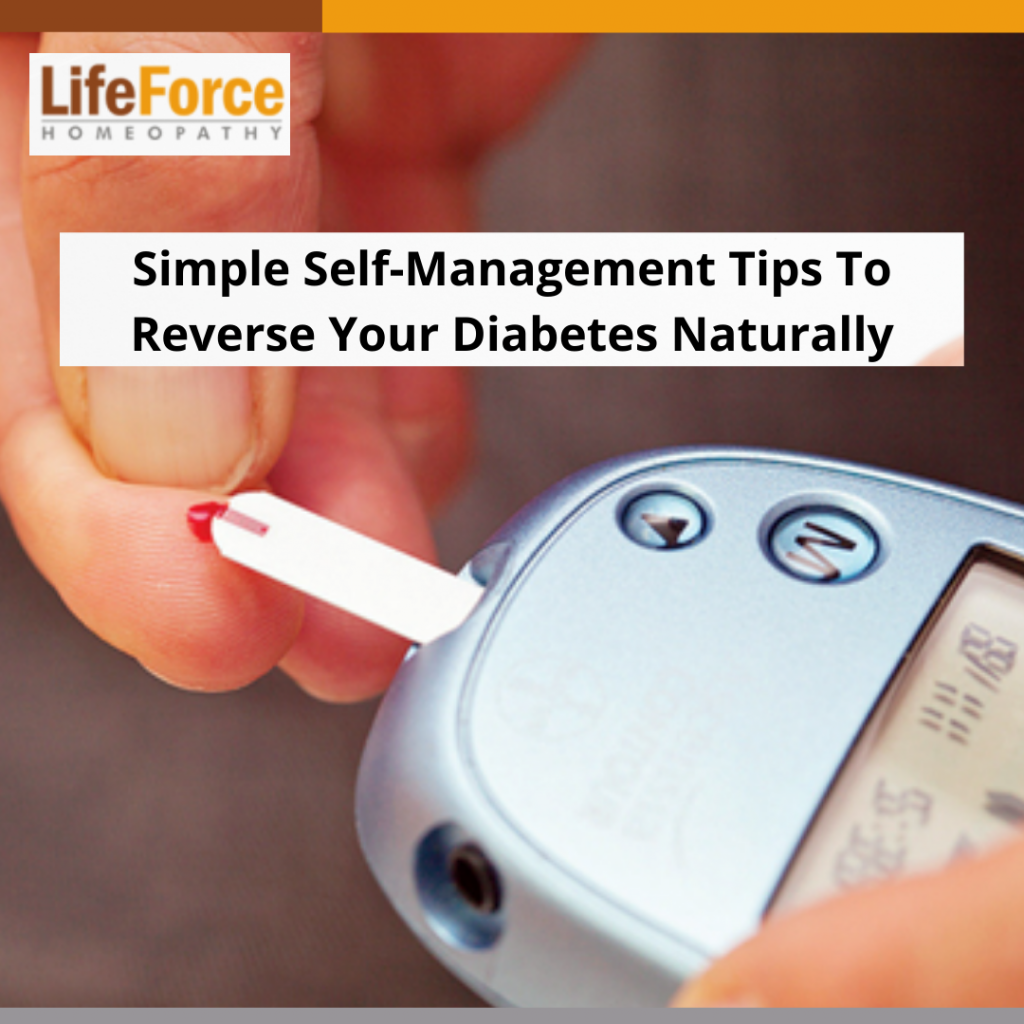
Simple Self-Management Tips To Reverse Your Diabetes Naturally
Are you diagnosed with Diabetes Mellitus? Are you concerned about regulating your blood sugar levels to keep your...

Why Do I Feel Insects Crawling On My Skin?
Are you feeling that small insects are crawling over your skin, but, in reality, they do not exist?...

Is Your Baby In Pain Due To Teething? Choose Homeopathy To Soothe It
Does your baby want to be picked up constantly? Does your infant screams with pain often and...
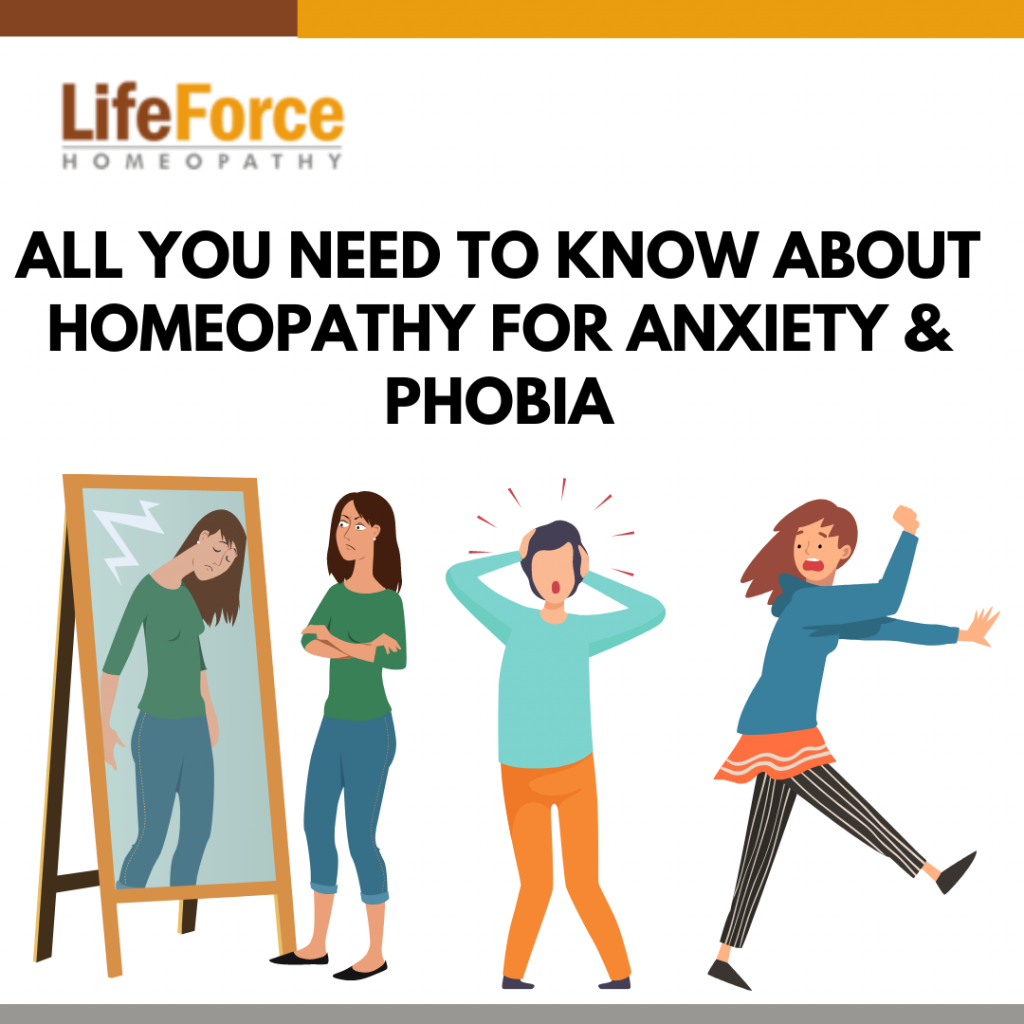
All You Need To Know About Homeopathy For Anxiety and Phobia
Anxiety and stress are quite common in this hectic life schedule that most of the people follow today....
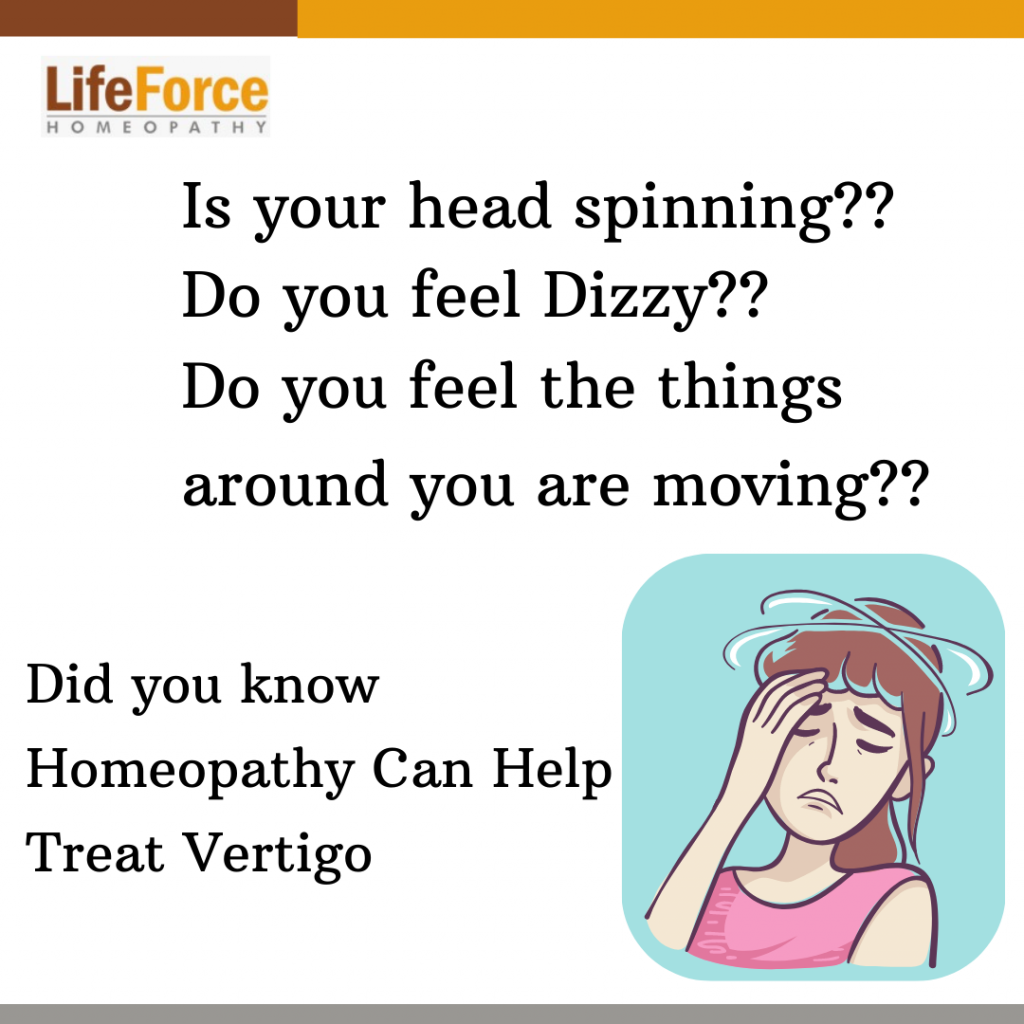
How Homeopathy Can Help Treat Vertigo
Do you often feel dizzy? Are there times when you feel like you are losing control? If these are the persistent symptoms you face, then you might be suffering from vertigo. Many people around the world are unaware as to what vertigo is. Vertigo or dizziness is a medical condition in which you experience a sudden spinning sensation or a feeling that you are about to lose the balance. While vertigo is not characterized as a disease, it is, however, the underlying symptom of a health condition. Vertigo is characterized as both subjective and objective. Subjective Vertigo is a condition in which the patient starts to feel that he/she is moving. On the other hand, Objective Vertigo is a condition that occurs when the surrounding objects start to move. In both these conditions, as mentioned above, it is a paramount concern to go for the treatment for vertigo. Fortunately, homeopathy is at your rescue to treat the condition effectively without any side-effects. And, if you are wondering what causes vertigo and how homeopathy can help, stress yourself no further. Keep reading to learn all about it. What Exactly Are The Causes Of Vertigo? Many factors can trigger vertigo. Various causative factors due to the disorders in the different parts of the body, such as the vestibular system, vestibular nerve, and cerebellum, can cause vertigo. Other systematic causes include migraine, head injury, orthostatic hypotension, stroke, and multiple sclerosis. Benign Paroxysmal Positional Vertigo is known for being one of the most common types of vertigo. Although many medicines seem to have the treatment for vertigo and its underlying conditions, nothing seems to work as well and as safe as homeopathy. Homeopathy for vertigo treatment helps in controlling both the intensity and frequency of the condition and improving the patient’s immunity. This is the main reason why homeopathy is deemed as the best treatment for vertigo. Which Homeopathic Treatments Are Best For Vertigo? Today, with the advancement of the internet, there are a lot of online treatments for vertigo available for the users. However, none reap the exact and safe results as homeopathic medicines....

